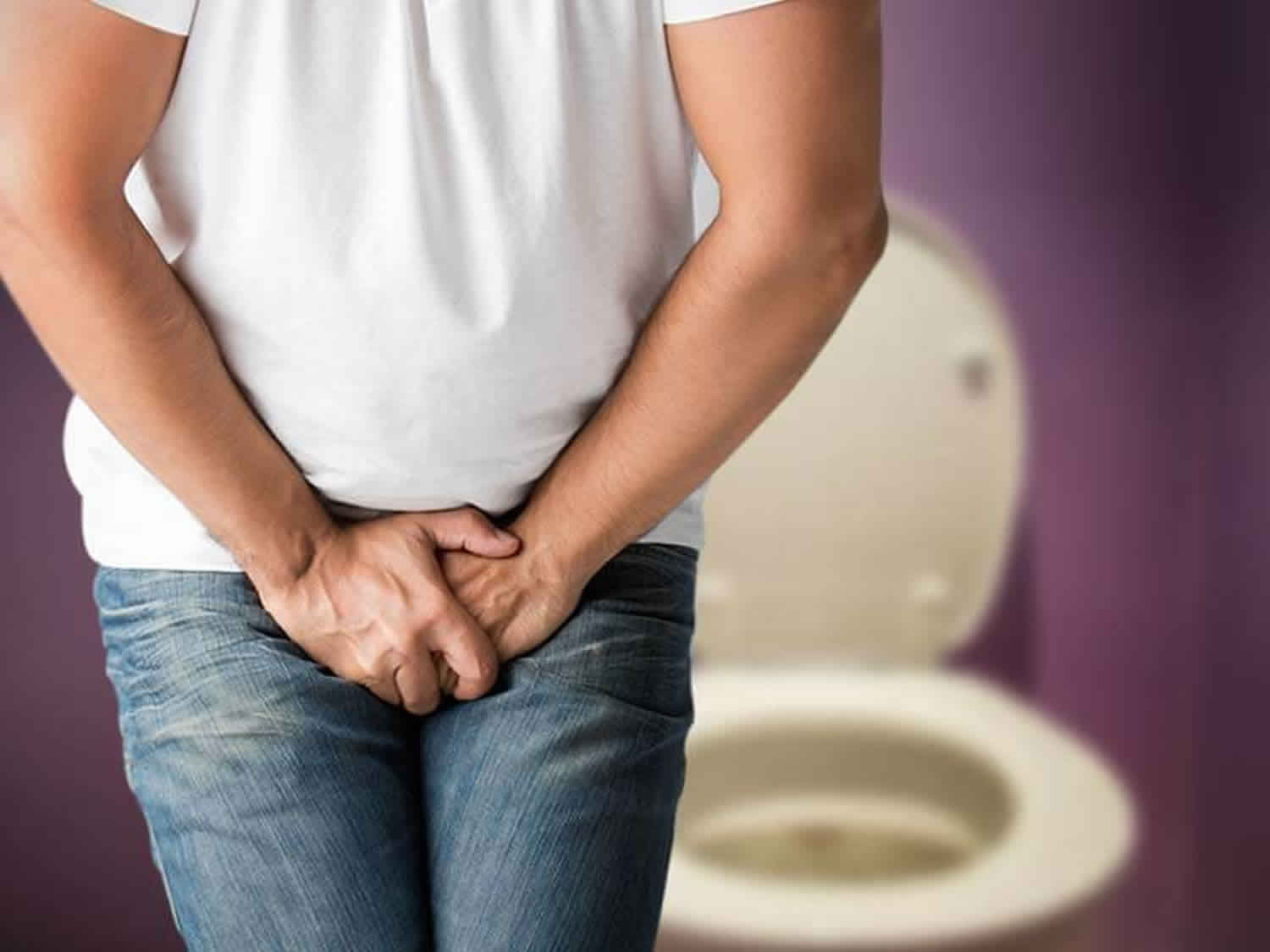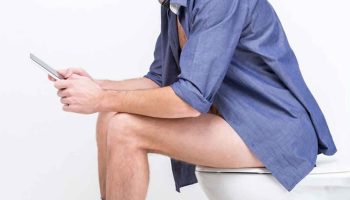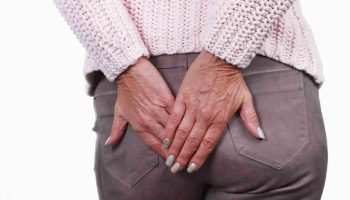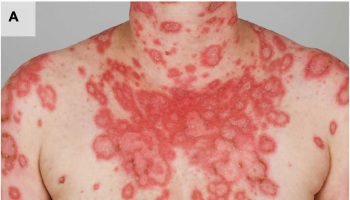Frequent urination
Frequent urination also called urinary frequency, is the need to urinate more often than what’s normal for you. You may be passing more urine than usual or only small amounts many times during the day, at night (nocturia), or both. Frequent urination may occur both day and night, or it may be noticeable only during the night (nocturia). Frequent urination can affect your sleep, work and general well-being.
Frequency may be accompanied by a sensation of an urgent need to void (urinary urgency). Urinary frequency is distinguished from polyuria, which is urine output of >3 L/day.
Frequent urination may be caused by diseases affecting the urinary tract at any level. The urinary tract includes the kidneys, the tubes connecting the kidneys to the bladder (ureters), the bladder, and the duct through which urine flows from the bladder out of the body (urethra). Inflammation of the bladder, urethra, or both causes a sensation of the need to urinate. However, this sensation is not relieved by emptying the bladder, so once the bladder is emptied, patients continue trying to void but pass only small volumes of urine.
Depending on what’s causing your frequent urination, you may experience other urinary problems, such as:
- Pain or discomfort during urination
- A strong urge to urinate
- Difficulty urinating
- Loss of bladder control
- Unusual urine color
Make an appointment with your doctor if you’re urinating more frequently than usual and if:
- There’s no apparent cause, such as drinking more total fluids, alcohol or caffeine
- The problem disrupts your sleep or everyday activities
- You have other urinary problems or worrisome symptoms
Contact your doctor as soon as possible if you have frequent urination along with any of these signs or symptoms:
- Blood in your urine
- Red or dark brown urine
- Painful urination
- Pain in your side, lower abdomen or groin
- Difficulty urinating or emptying your bladder
- A strong urge to urinate
- Loss of bladder control
- Fever
Urinary tract disorders may cause the above signs or symptoms, but so can other serious diseases or health conditions. Seek medical help to find out what’s causing your frequent urination and how to treat it.
Frequent urination causes
There are many causes of frequent urination.
Several factors may be linked to frequent urination, such as:
- Infection, disease, injury or irritation of the bladder
- Conditions that increase urine production
- Changes in muscles, nerves or other tissues affecting bladder function
- Certain cancer treatments
- Drugs or beverages that increase urine production
Specific diseases, conditions or other causes of frequent urination include:
- Alcohol – Urinary frequency in an otherwise healthy patient
- Anterior prolapse (cystocele) – Urinary incontinence, sensation of vaginal fullness, pain or urinary leakage during sexual intercourse
- Anxiety disorders
- Benign prostatic hyperplasia (BPH) – Progressive onset of urinary hesitancy, incontinence, poor urine stream, a sensation of incomplete voiding
- Bladder detrusor overactivity – Nocturia, urge incontinence, weak urinary stream, and sometimes urinary retention
- Bladder cancer
- Bladder stones
- Caffeine – Urinary frequency in an otherwise healthy patient
- Change in kidney function
- Diabetes insipidus
- Diuretics (water retention relievers)
- Excess consumption of total fluids
- Interstitial cystitis (also called painful bladder syndrome)
- Kidney infection (pyelonephritis)
- Overactive bladder
- Pregnancy (3rd trimester of pregnancy)
- Prostatitis – Urgency, burning urination (dysuria), nocturia, purulent urethral discharge with fever, chills, low back pain, myalgia, arthralgia, and perineal fullness. Prostate tender to palpation
- Prostate cancer – Progressive onset of urinary hesitancy, incontinence, poor urine stream, a sensation of incomplete voiding
- Radiation treatment affecting the pelvis or lower abdomen. Radiation cystitis with history of radiation therapy of the lower abdomen, prostate, or perineum for treatment of cancer
- Reactive arthritis precipitated by an infection either by sexually transmitted disease and dysenteric. Has asymmetric arthritis of knees, ankles, and metatarsophalangeal joints. Unilateral or bilateral conjunctivitis. Small, painless ulcers on the mouth, tongue, glans penis, palms, and soles 1–2 weeks after sexual contact.
- Spinal cord injury or lesion (injury usually clinically obvious) – Lower-extremity weakness, decreased anal sphincter tone, absent anal wink reflex. Loss of sensation at a segmental level.
- Type 1 diabetes
- Type 2 diabetes
- Urethral stricture (narrowing of the urethra) – Hesitancy, tenesmus, reduced caliber and force of the urine stream
- Urinary incontinence – Unintentional passage of urine, particularly when bending, coughing, or sneezing
- Urinary tract infection (UTI) – Burning urination (dysuria) and foul-smelling urine, sometimes fever, confusion, and flank pain, particularly in women and girls. Dysuria and frequency in young sexually active men (which suggests an sexually transmitted disease [STD])
- Vaginitis
Burning urination (dysuria) suggests frequent urination is due to urinary tract infection (UTI) or calculi. Prior pelvic surgery suggests incontinence. Weak urine stream, nocturia, or both suggests benign prostatic hyperplasia (BPH). Urinary frequency in an otherwise healthy young patient may be due to excessive intake of alcohol or caffeinated beverages. Gross hematuria suggests UTI and calculi in younger patients and genitourinary cancer in older patients.
Frequent urination testing
All patients require urinalysis and culture, which are easily done and can detect infection and hematuria.
Cytoscopy, cystometry, and urethrography can be done to diagnose cystitis, bladder outlet obstruction, and cystocele. Prostate-specific antigen level determination, ultrasonography, and prostate biopsy may be required, especially in older men, to differentiate benign prostatic hyperplasia (BPH) from prostate cancer.
Frequent urination treatment
Frequent urination treatment varies depending on the cause.
Frequent urination in elderly men is often caused by bladder neck obstruction secondary to prostate enlargement or prostate cancer. These patients usually require postvoid residual urine volume determination.
Urinary tract infection (UTI) or use of diuretics may be a cause in both sexes.
Urinary tract infection (UTI) is the most common cause in children and women.
Prostate disease is a common cause in men aged > 50 years.
Excessive intake of caffeine can cause urinary frequency in healthy people.





